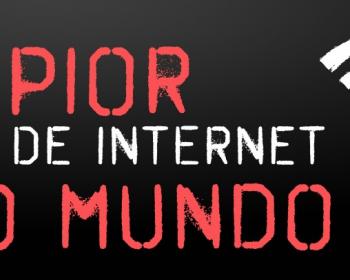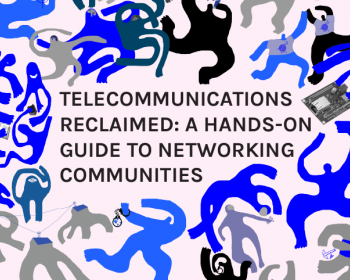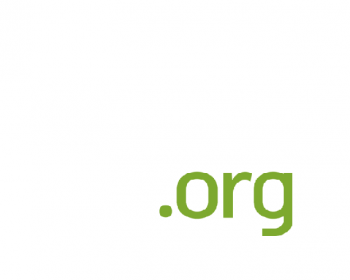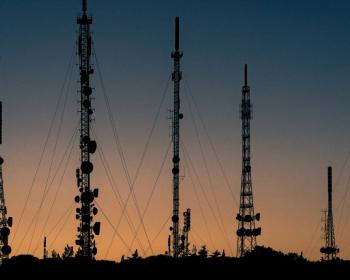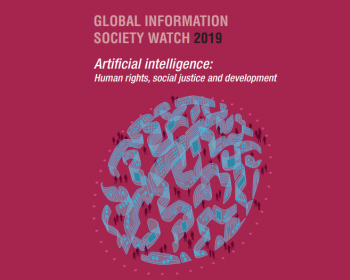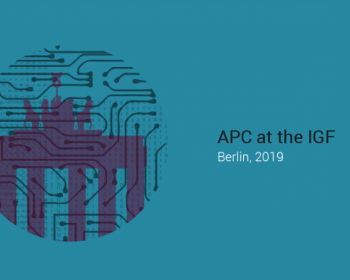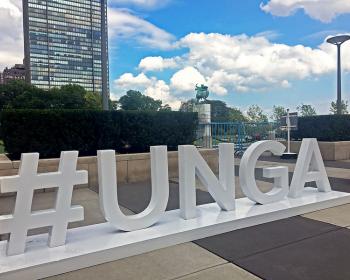Internet Society (ISOC)
The Internet Society is a global cause-driven organisation with offices around the world, governed by a diverse Board of Trustees that is dedicated to ensuring that the internet stays open, transparent and defined by users. While the Internet Society is not a membership-driven organisation, it has a growing number of members and chapters that have chosen to join the Internet Society to share its mission and to promote the open development, evolution and use of the internet for the benefit of all people throughout the world. In 2012, ISOC provided APC with travel funds to support the participation of African civil society in the World Conference on International Telecommunications (WCIT). In 2013 and 2016 ISOC supported the African School on Internet Governance (AfriSIG).
On 17 June 2020, APC collaborated with other organisations to submit a contribution to the draft Telecommunications Licensing Directive No. 1/2020. In the contribution, we recommend the Ethiopian Communications Authority consider international recommendations, as well as best practices in other countries both regionally and globally.
APC and other regional and global civil society organisations call on Brazilian legislators to reject the latest version of the bill and open a participatory discussion on how to respond to the challenges of disinformation while respecting Brazil’s international human rights commitments.
In March 2020, the Communications Authority of Kenya invited comments on the Draft Dynamic Spectrum Access Framework for Authorisation of the Use of TV White Spaces. Five civil society organisations presented their comments with the common objective to help create a quality and affordable telecommunications service to all Kenyans, especially those in rural and underserved areas.
This report presents an overview of the third edition of the Community Network Exchange (CNX) held in December 2019. The three-day summit in southern India brought together practitioners of community networks and community radio stations from 12 countries in Asia and South America.
This book is a guide on how to build a community network, a shared local telecommunications infrastructure, managed as a commons, to access the internet and other digital communications services. It was written collectively by a group of community network pioneers in Europe, activists and researchers during a writing residency week held in Vic, Catalonia in October 2018.
APC recognises the internet as a global public good, which should be governed in an inclusive, transparent, democratic and accountable manner. The lack of transparency, consultation and accountability around the proposed sale of .ORG is in stark contrast to the principles of multistakeholder governance that ISOC promotes in other areas of its work and operations.
The joint submission by APC and partners focuses on opening up the telecommunications market to smaller regional/local operators and community networks that fill the gap that large operators leave behind.
While pointing to the positive use of AI to enable rights in ways that were not easily possible before, this edition of GISWatch highlights the real threats that we need to pay attention to if we are going to build an AI-embedded future that enables human dignity.
The 14th edition of the Internet Governance Forum (IGF), the United Nations’ most significant multistakeholder platform for discussing internet governance, is taking place in Berlin from 25 to 29 November. These are APC's priorities for IGF 2019.
Countering cybercrime is a key challenge that requires international cooperation. However, the approach taken in the draft resolution “Countering the use of information and communications technologies for criminal purposes” is fundamentally flawed and would restrict the use of the internet for human rights, and social and economic development.

Association for Progressive Communications (APC) 2022
Unless otherwise stated, content on the APC website is licensed under Creative Commons Attribution 4.0 International (CC BY 4.0)




